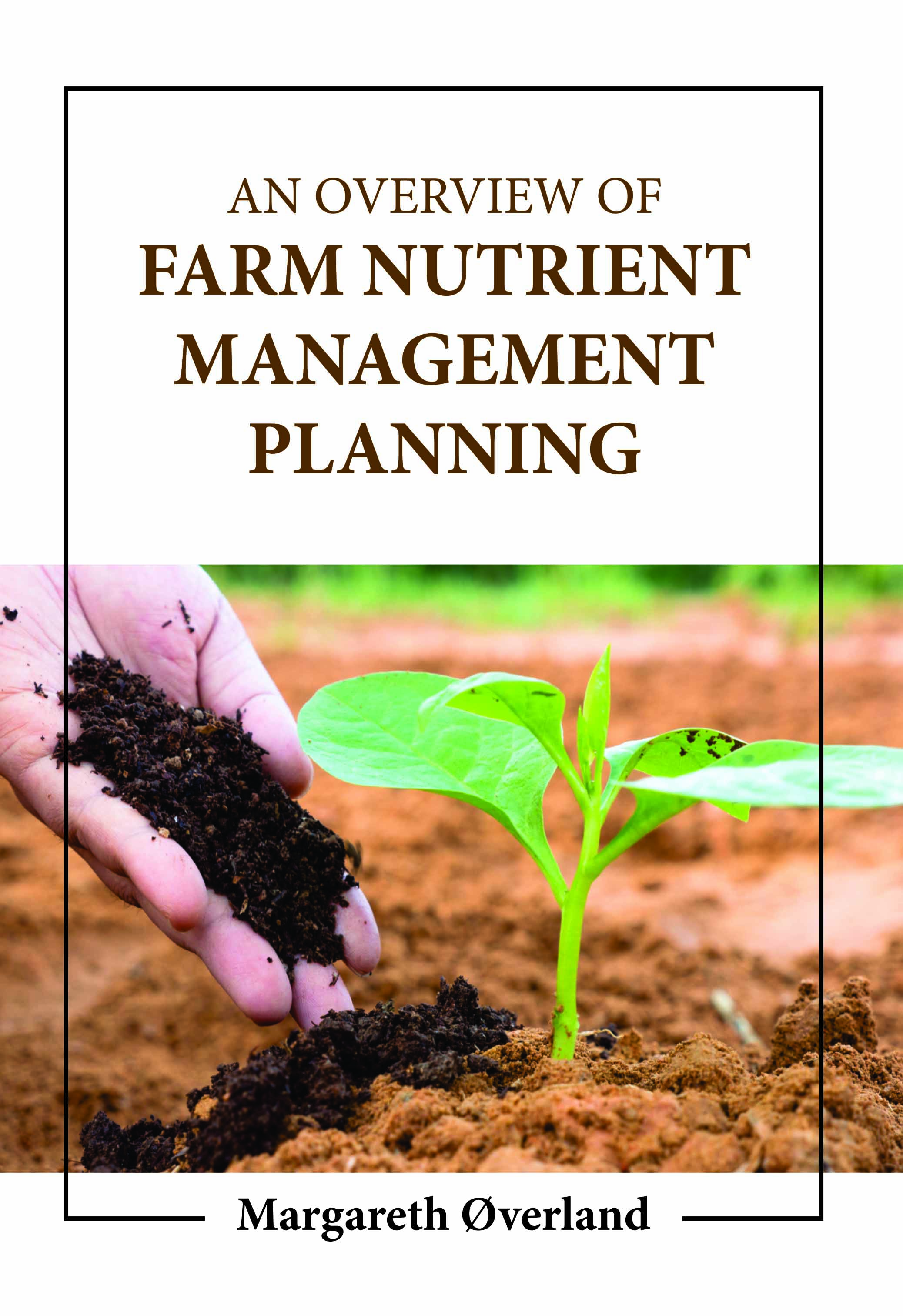
An Overview of Farm Nutrient Management Planning
by Margareth Øverland
| ISBN | 9781806242221 |
|---|---|
| Publisher | Digital Drive Learning |
| Copyright Year | 2026 |
| Price | $267.00 |

by Margareth Øverland
| ISBN | 9781806242221 |
|---|---|
| Publisher | Digital Drive Learning |
| Copyright Year | 2026 |
| Price | $267.00 |
The study of farming's business principles is known as farm management. It can be characterized as the science of managing and organizing a farm operation to ensure the highest possible level of continual profit. For agricultural production systems to be sustainable, plant nutrient management is essential. Four macronutrients—nitrogen, phosphorus, potassium, and sulfur—are necessary for crop growth. Nutrients taken out of the soil by crops must be restored for agriculture to continue sustainability. Varying crops have different nutritional requirements, and the amount of nutrients absorbed by the plant and exported may differ. There are numerous ways to make sure that soil nutrients are replaced. Nutrient management is essential for agricultural productivity and prosperous rural livelihoods. Farmers want to promote the growth of their crops and animals while limiting environmental damage. The degree of nutrient availability depends on management techniques, environmental factors including soil type and climate, as well as the species that live there. The advanced planning of manure treatments for farmland fields is the most challenging part of creating and implementing a farm nutrient management strategy. For each farmland field, particular manure application rates must be planned after estimating the amount of manure generated on the farm. It is difficult, as it should be, but there are certain tricks of the art. The best way to learn which farm organization and management techniques produce the best results is to research the techniques currently in use and the profits realized on numerous farms, identify the differences between the more and less successful farms, and then pinpoint the causes of those differences.